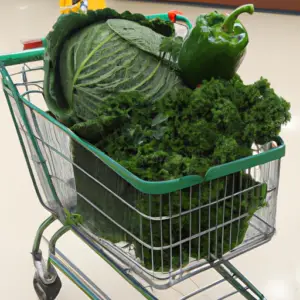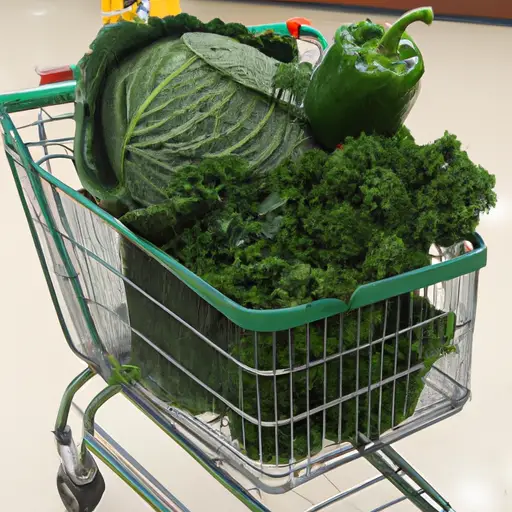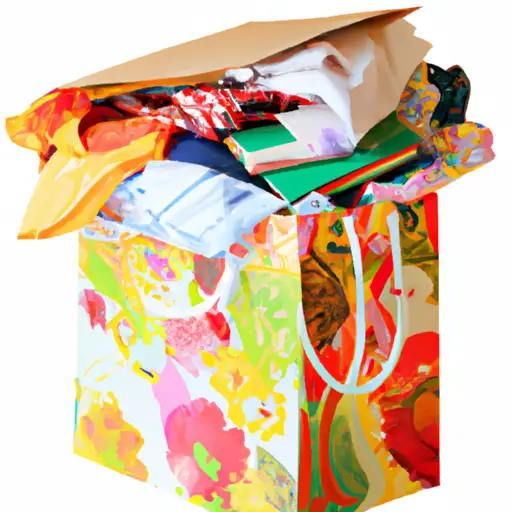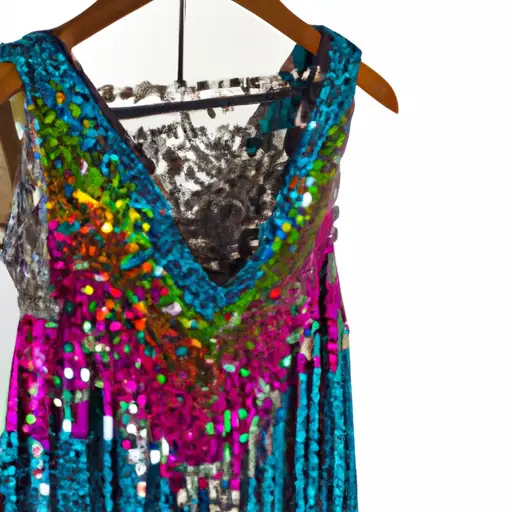Shop Ethically Becoming a Conscious Consumer
Get woke and get shopping! Here’s how to become a conscious consumer
Hey there! Are you tired of mindlessly buying stuff without considering the impact of your consumer choices? Well, it’s time to wake up and smell the ethical coffee! As a conscious consumer, you have the power to make a difference in the world by shopping in a way that benefits both people and the planet.
But what exactly does it mean to be a conscious consumer? It’s all about making informed choices and being aware of the social and environmental impact of the products you buy. Yes, it sounds like a lot of work, but trust me, it’s worth it! By shopping ethically, you can reduce your carbon footprint, support small businesses, and promote fair labor practices.
I’m Part of the Solution: Why Being a Conscious Consumer Matters
When I first learned about being a conscious consumer, I felt overwhelmed. It seemed like there was so much to consider when making everyday purchases. But the truth is, becoming a conscious consumer is easier than it might seem, and the benefits outweigh the effort. Here are some reasons why being a conscious consumer matters:
Environmental Benefits
As a conscious consumer, I’m mindful of the environmental impact of my purchases. I know that buying products that are sustainably sourced, use less energy to produce, and have minimal packaging can have a significant impact on reducing my carbon footprint. Researching eco-conscious brands and materials has become a priority in my shopping habits. Not only does it help the environment, but it also supports businesses that prioritize sustainability. By taking small actions, we can make a significant impact on the planet.
Social Benefits
Becoming a conscious consumer also means being aware of the social impact of my purchases. I understand that my choices as a consumer can impact workers’ conditions and labor practices, both domestically and internationally. By researching companies’ labor practices and ethical sourcing, I can make informed decisions and vote with my dollars. Every purchase I make is an opportunity to support businesses that prioritize fair labor practices, human rights, and community development.

Being a conscious consumer is not about perfection, but rather progress. It’s about taking small steps towards making mindful choices in our everyday transactions.
Ready to Make a Difference? Here’s How to Become a Conscious Consumer
Before I began my journey as a conscious consumer, I didn’t quite know where to start. It can be overwhelming, but I promise it’s worth it! Here are some steps I found helpful in becoming more mindful about my shopping habits:
Step 1: Research Brands
The first step towards becoming a conscious consumer is to research brands. Not every company is transparent about their ethics, so it’s important to find out where the products are sourced from and what materials are used. You can start by doing a quick Google search or checking independent databases and rating systems that specialize in this. This will help you determine whether a particular item’s production is ethical, environmentally friendly, and socially responsible.
Step 2: Ask Questions
It’s okay to ask questions! As a conscious consumer, it’s important not to be afraid to inquire about the source of the product and how it was made. You can ask questions directly to the store, online, or through social media. It’s also worth contacting manufacturers or reading information on the packaging to know the product’s provenance and the condition of the manufacturer, particularly if it’s not transparent from any other view.
Step 3: Look for Labels/Certifications
There are various independent third-party certifications and labels that brands adhere to if they follow ethical and sustainable practices. These certifications include Fair Trade, the Global Organic Textile Standard (GOTS), and B-Corp, among others. By looking for such certified labels, you’re supporting companies that strive to implement an ethical supply chain and policies.
Tips for Shopping Ethically
Hey there conscious shoppers, I’ve got some tips that will make shopping ethically a breeze! It may seem overwhelming at first, but once you know where to look and what to look for, it’s easy to make better choices for our planet and society.
Buy Secondhand Items
This is a no-brainer for me. Not only can you save money, but you can also give a new life to a previously loved item. It’s a win-win situation. There are many secondhand stores both online and in-person, so start browsing and discover some hidden gems!
Shop Local
Shopping local supports your community and ensures that products aren’t made by underpaid workers in other countries. Plus, you can find unique products that you wouldn’t find in big box stores. Check out your local farmer’s market, thrift stores, and small businesses to find some great finds.
Buy Fewer Things
This may seem like a strange tip, but it’s incredibly important. The more we buy, the more companies will produce, and the more resources will be used. Plus, we often don’t need all the things we buy. So, next time you’re about to make a purchase, ask yourself if you really need it.
So, those are my tips! Remember, shopping ethically doesn’t have to be hard. Small changes can make a big impact. Happy shopping!
Let’s make a difference: become a conscious consumer
Hi everyone! We’ve talked about what it means to be a conscious consumer and why it’s important, so let’s dive into how we can make a difference. Here are the steps we can take to shop ethically:
Research Brands
As I mentioned before, researching brands is key to being a conscious consumer. Check if the brand has a history of unethical practices such as using child labor or contributing to environmental pollution. A great resource to use is the Shop Ethically Guide, which lists ethical and sustainable brands.
Ask Questions
Don’t be afraid to ask questions! Consider reaching out to the brand’s customer service if you have any concerns about the their practices. This not only helps you make an informed decision, but also lets the brand know that consumers care about their ethical footprint.
Look for Labels/Certifications
Some labels and certifications you should look out for include: Fair Trade, USDA Organic, LEED Certification, B Corp Certification, and Rainforest Alliance Certified. These certifications exist to indicate that certain ethical standards are being met.
Tips for Shopping Ethically
Shopping ethically doesn’t have to be difficult or expensive, here are some tips to help:
Buy Secondhand Items
Thrift stores, consignment shops, and online marketplaces like Poshmark or Depop all offer stylish and unique options. Shopping secondhand is also an environmentally friendly option since it means fewer items ending up in landfills.
Shop Local
Locally made products are almost always more sustainable than mass-produced ones. You can support small businesses in your area while reducing your carbon footprint by reducing transportation emissions.
Buy Fewer Things
This means resisting impulse purchases. The less we buy, the less harm we cause to the environment and society. Consider investing in quality items that will last longer instead of buying low-quality items that need to be replaced frequently.
So, there you have it folks! By researching brands, asking questions, looking for certifications to ensure ethical standards are being upheld, and following these tips for shopping ethically – you can make a difference as a conscious consumer. Let’s be responsible for the change we want to see in the world.






